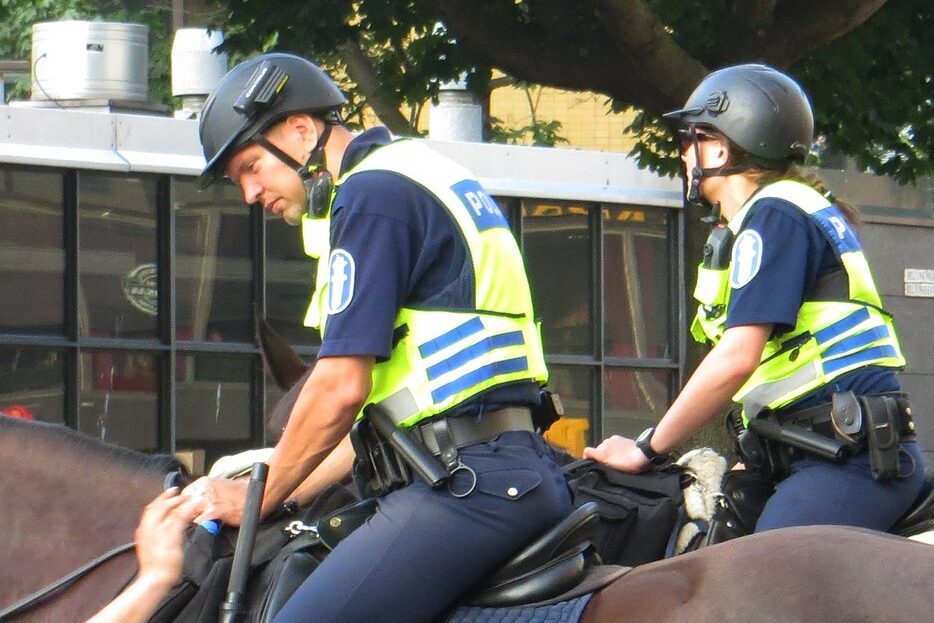
Police officers maintain law and order, provide community safety, and uphold justice. However, due to the nature of their work, they often face intense pressure, challenging situations, and public scrutiny. Some questions can be intrusive or uncomfortable for police officers. Here is what you should never ask someone who works in the police.
“Have you ever killed someone?”
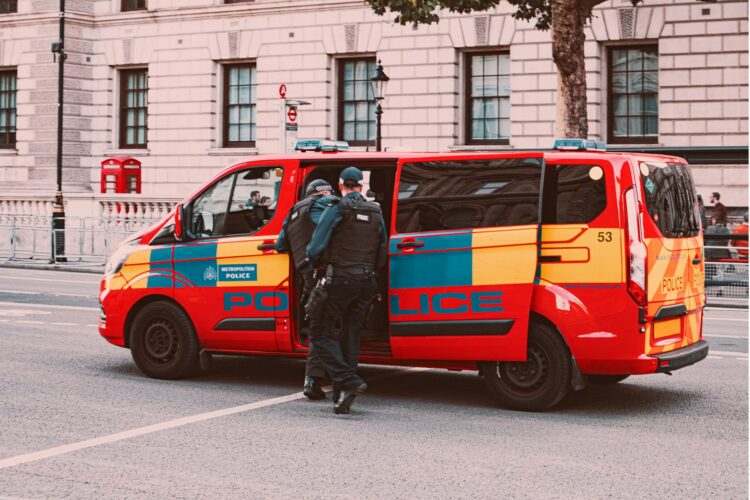
This question is highly personal and can be incredibly distressing for a police officer. We need to remember that officers face difficult and potentially dangerous situations in the line of duty, and asking about killing someone can be insensitive and inappropriate, even if you mean well. It’s better to steer the conversation towards their skills, training, or experiences in helping and protecting their community.
“What’s the worst crime you’ve ever seen?”
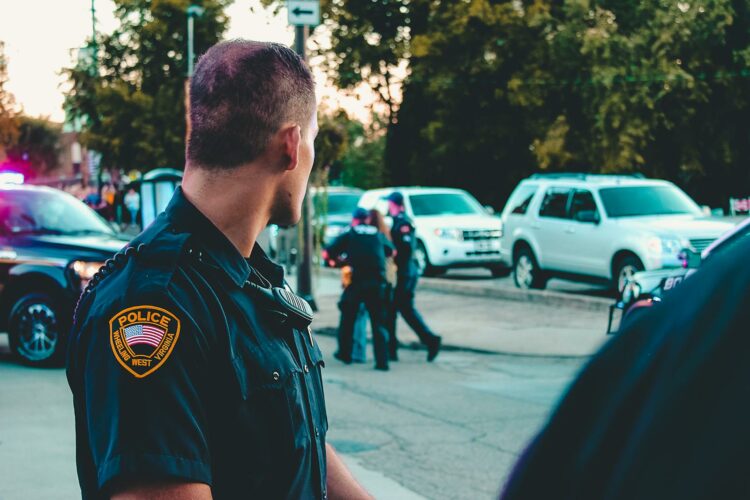
Police officers witness a wide range of crimes and difficult situations in their line of work. Asking about the worst crime they’ve seen can bring up traumatic memories and experiences that they may not want to discuss. Instead, you can ask about the most challenging case they’ve worked on or about the positive impact they’ve made in their community.
“Do you get scared while working?”
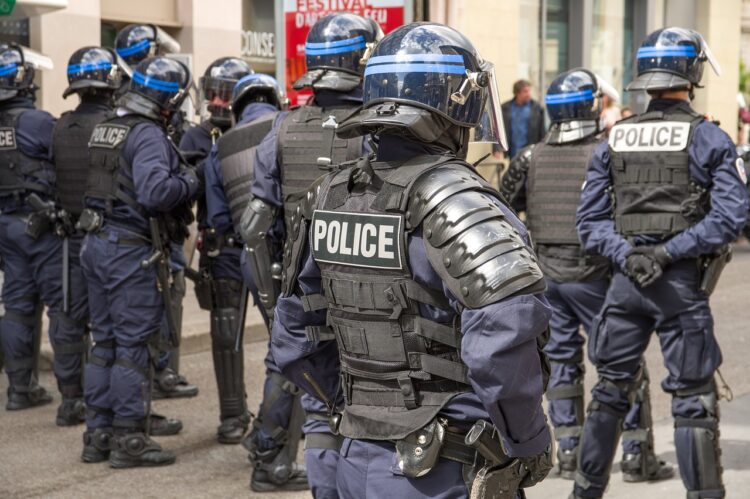
Working in law enforcement is physically and emotionally demanding, and fear is sometimes a natural part of the job. However, asking about personal fears or vulnerabilities may be uncomfortable for the officer to discuss. It may be more appropriate to ask about the support and training they receive to help them overcome the challenges they face in their role.
“How much do you get paid?”
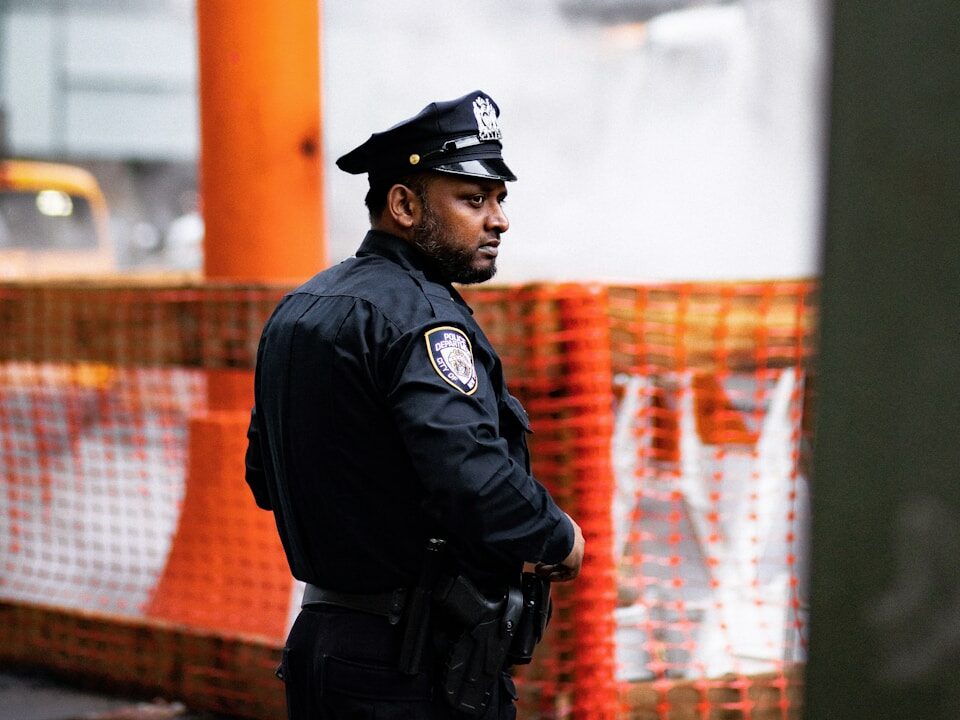
Discussing personal financial details is generally considered impolite in most settings, and the same applies when speaking to a police officer. So, please respect their privacy and avoid asking about their salary. Instead, you can focus on the positive impact of their work or their dedication to serving their community.
“How many tickets have you issued?”

While issuing tickets is part of a police officer’s responsibilities, focusing solely on this aspect of their job may undermine the broader scope of their work. Instead, you can inquire about their experiences in ensuring public safety or ask about their efforts to build positive relationships with the community.
“Have you ever accepted a bribe?”
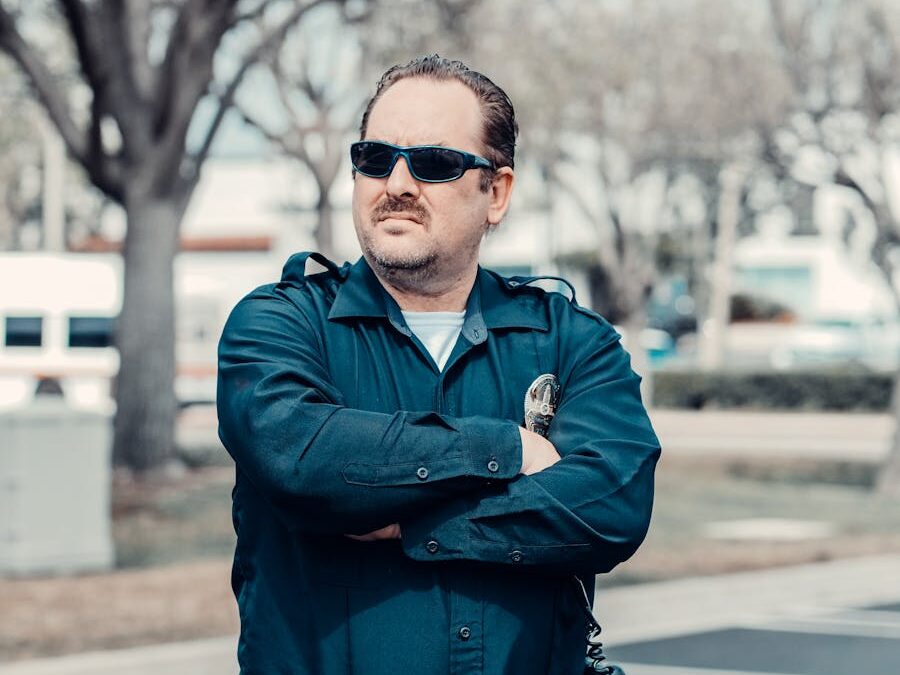
Asking about corrupt behaviors is not only accusatory but can also be incredibly disrespectful to the officer. It’s crucial to assume the integrity of those in law enforcement and participate in conversations that show appreciation for their commitment to upholding the law and serving their community.
“Have you ever used excessive force on someone?”
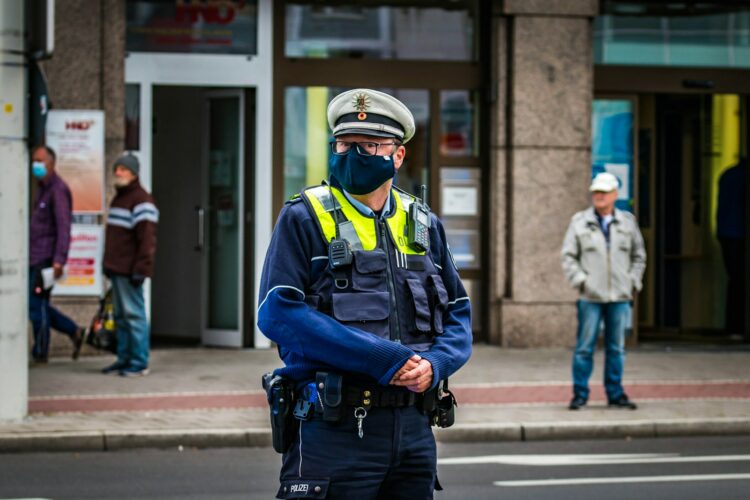
Asking a police officer about excessive force can be a sensitive and contentious topic, especially given public scrutiny and ongoing discussions around police conduct. Rather than focusing on potential negative behavior, it’s better to explore their experiences in de-escalating tense situations or in building trust.
“Do you enjoy giving people tickets?”

Assuming that an officer gets joy out of issuing penalties overlooks the complexities of their role and is also quite offensive. It’s better to show appreciation for their efforts in maintaining safety and order within the community and ask about the challenges they face in enforcing the law with fairness and empathy.
“What’s the most dangerous situation you’ve been in?”
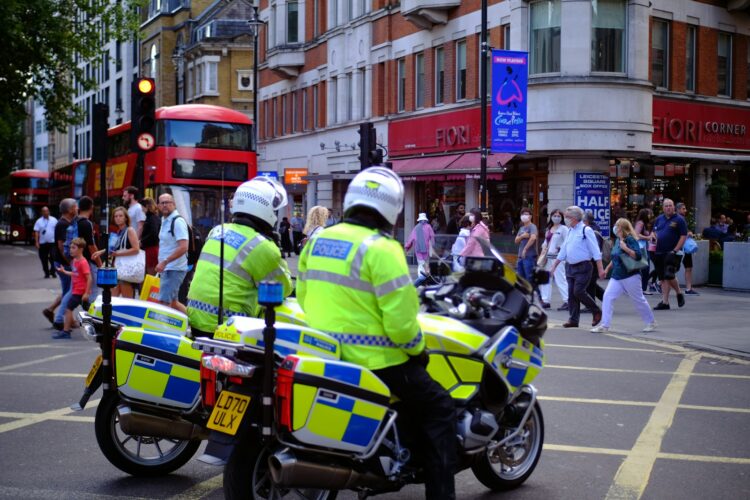
While it’s natural to be curious about the risks an officer faces, asking about specific dangerous situations can reopen traumatic experiences. Instead, you can express gratitude for their commitment to public safety and inquire about their experiences in promoting peace and security to people.
“Do police officers really have quotas for writing tickets?”
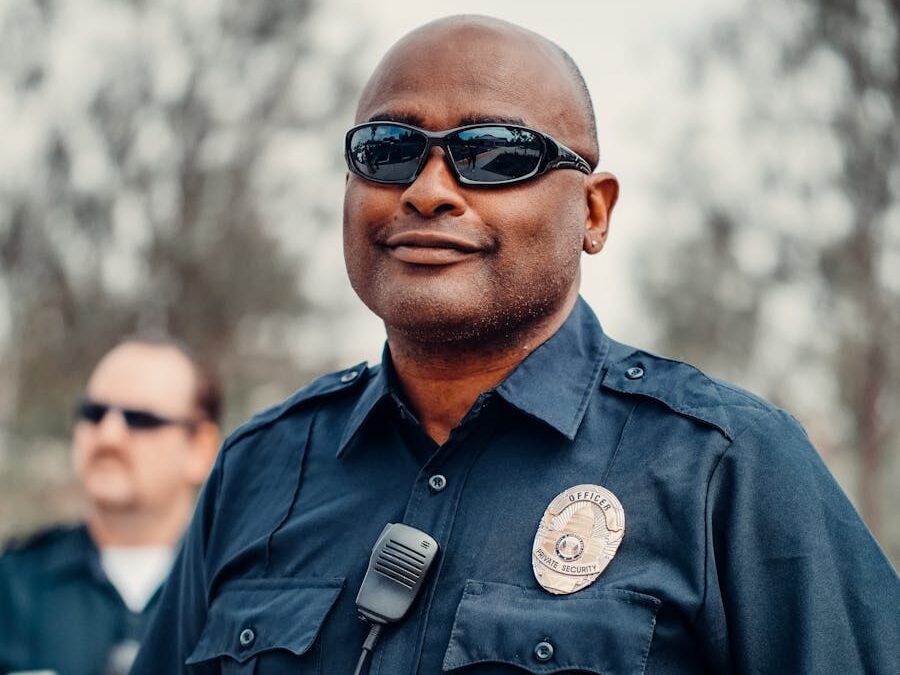
Questioning officers about quotas for writing tickets can cast doubt on their professional integrity. Rather than focusing on quotas, you can ask how they balance enforcement with community engagement and what strategies they use to ensure fairness in their duties.
“How many people have you arrested?”
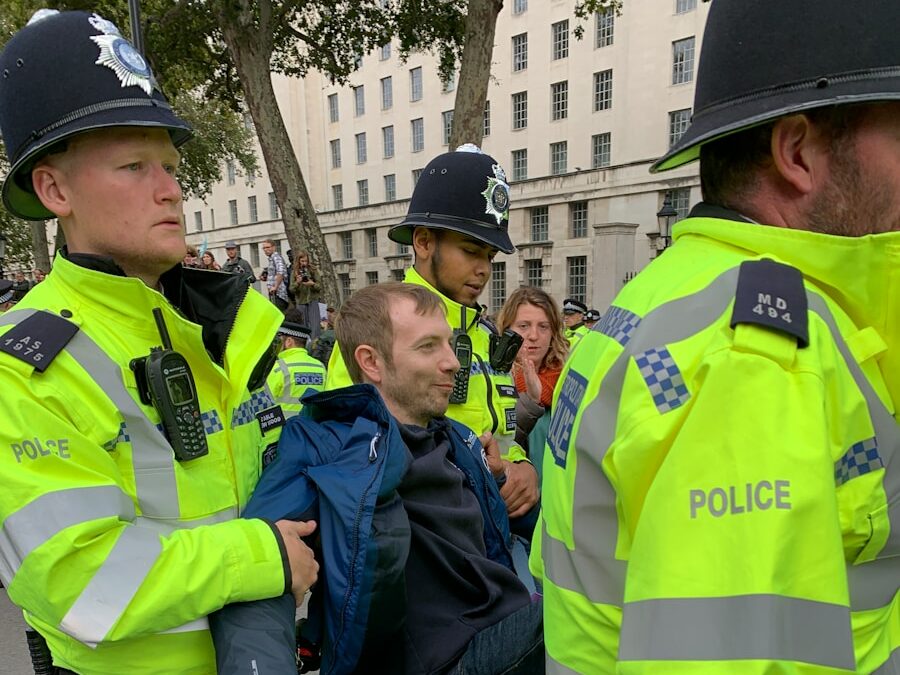
Asking about the number of arrests an officer has made can be reductive and fail to acknowledge the broader impact of their work. Instead, you can inquire about their experiences in preventing crime, assisting the community, or helping those in need.
“Are you a racist?”

This question is highly inappropriate and can be offensive to the officer. Assuming prejudice without evidence is disrespectful and can perpetuate negative stereotypes. It’s essential to approach conversations with law enforcement in a respectful and open-minded manner and focus on building understanding and trust.
“Have you ever lied to get a conviction?”

Accusing an officer of dishonesty without any grounds is unfair and disrespectful. It’s important to approach interactions with law enforcement with respect and assume professionalism and integrity in their conduct. Instead, you can inquire about their experiences in upholding justice and the challenges they encounter in their role.
“Have you ever been arrested?”
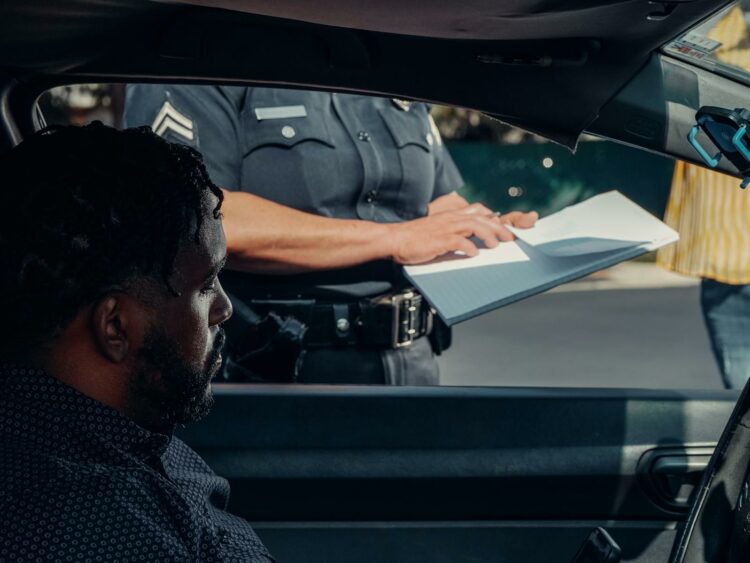
Asking about an officer’s personal history of arrests can be invasive and disrespectful. Officers are professionals who deserve to be treated with dignity and appreciation for the challenges they face in protecting the community.
“Can you get me out of a ticket?”
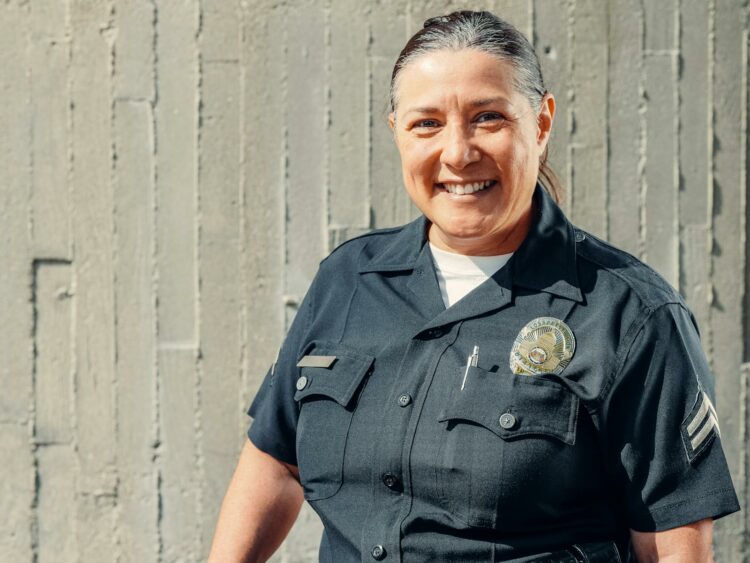
Asking an officer to use their authority to benefit personal interests is not only disrespectful but also undermines their professional responsibilities. Instead, it’s better to express an understanding of the need for law enforcement and thank them for their dedication to public safety.
“Do you think all cops are bad?”

This question can put the officer in a difficult position by generalizing all law enforcement officers. We need to recognize that each officer is an individual with their own values and commitment to serving the community. Instead of making sweeping assumptions, it’s better to engage in conversations that acknowledge the complexities of policing and address specific concerns constructively.
“Have you ever abused your power?”
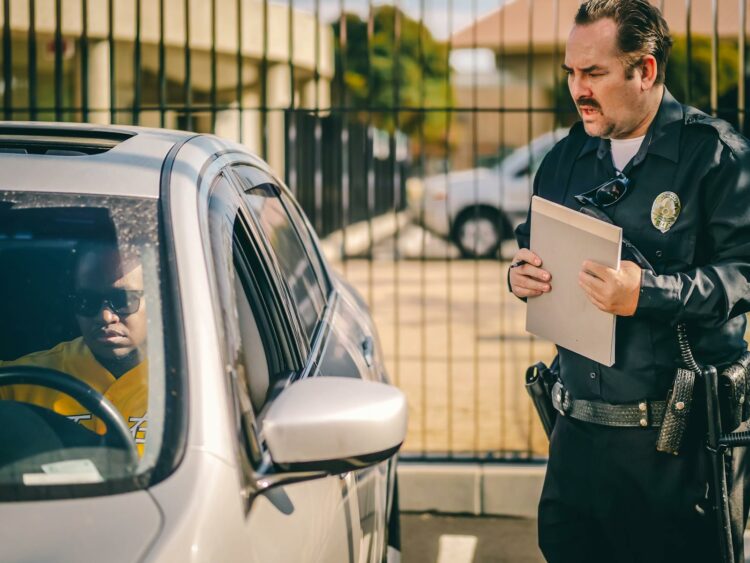
Questioning an officer about abusing their power can be accusatory and disrespectful without any evidence to support such a claim. Please, approach conversations with law enforcement with respect for their professionalism and dedication to upholding the law.
“Do you have quotas for making arrests?”

Inquiring about arrest quotas can imply that officers are driven by numbers rather than the principles of justice and safety. Remember, law enforcement agencies prioritize fair and ethical practices in their work. Instead of focusing on quotas, you can ask about their strategies for enhancing community engagement and promoting trust in their interactions.

Comments
Loading…